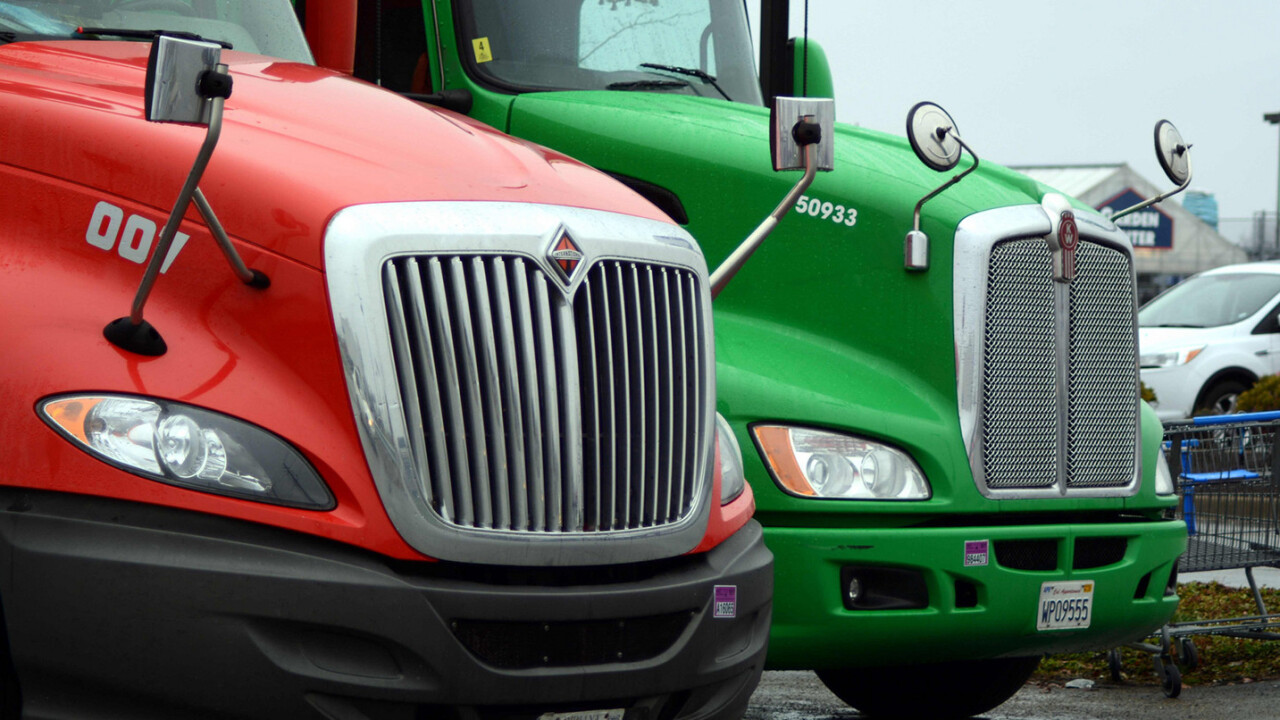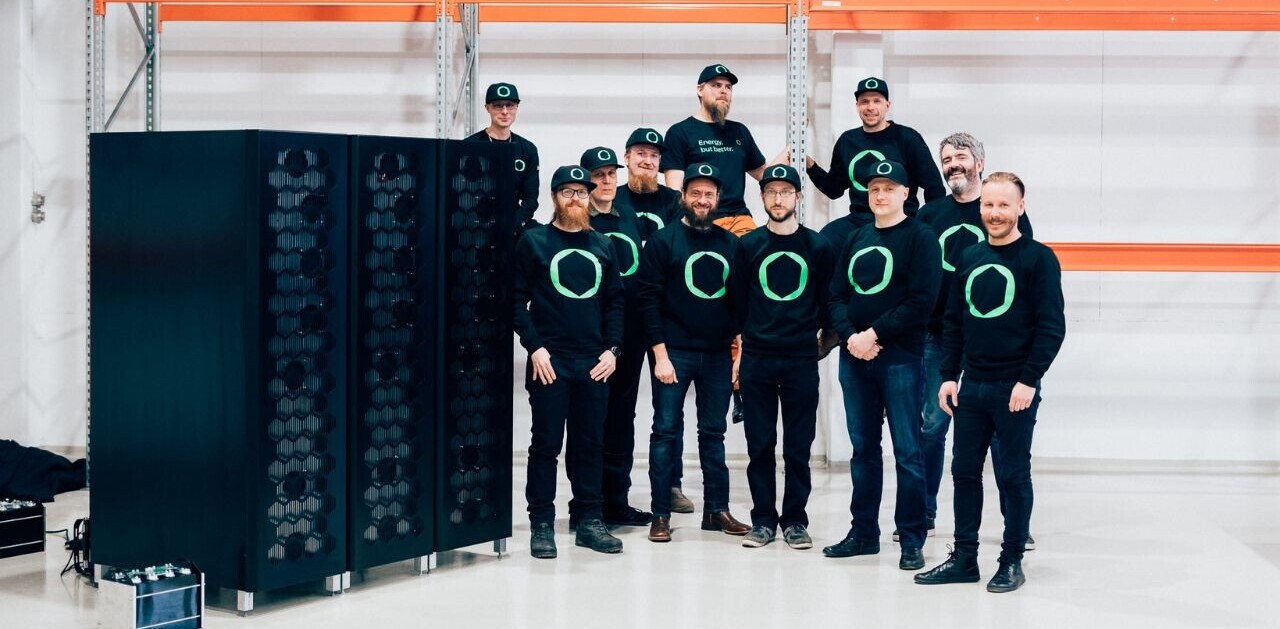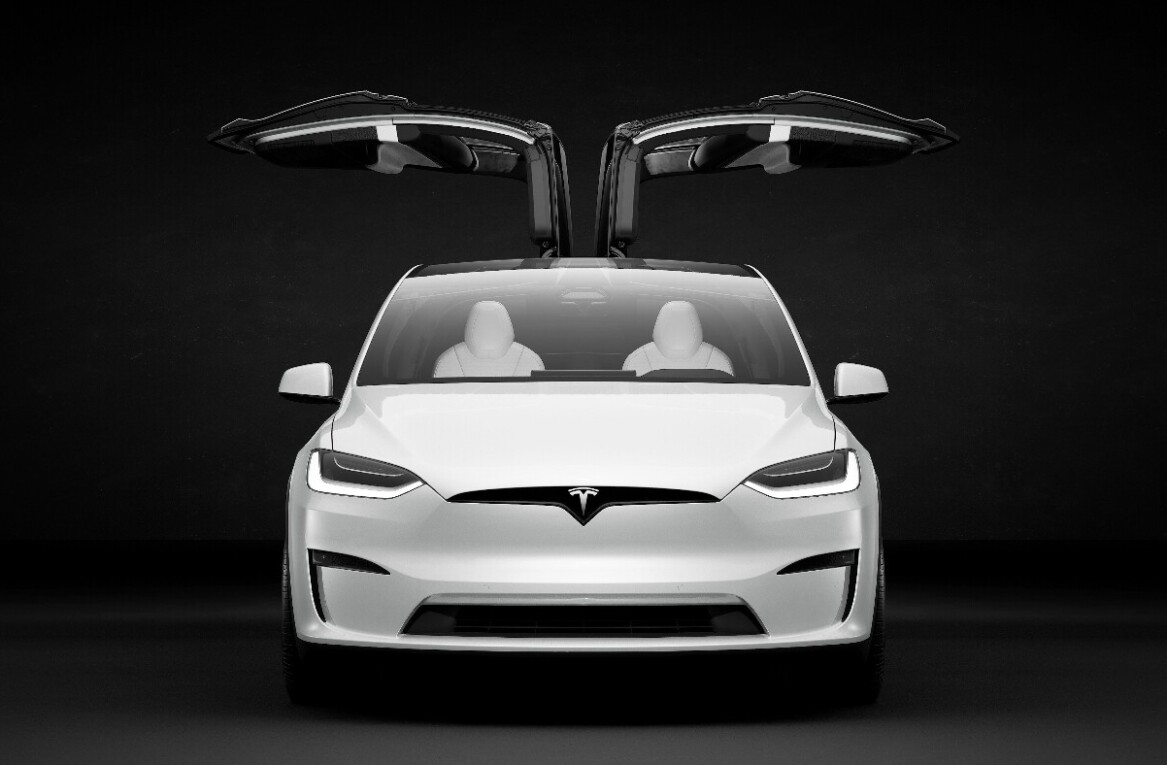Tesla CEO Elon Musk recently announced his plan to unveil an electric semi truck this September. We’ve known electric semis were coming, but Musk’s announcement beat all but the most optimistic industry analysts.
‘Tesla Semi,’ as it’ll be known, could also see a shift in business models. Estimated to have a 250 to 300 mile range, Tesla could offer battery swaps at specialty stations. In Tesla cars, this takes around 90 seconds. Analysts conservatively predict around five minutes in a truck. Time is money, but five minutes is still quicker than filling up the tanks in a semi.
If true, the deal could be a lucrative one. According to the analysts:
This makes economic sense for TSLA, in our view. We estimate that a trucking carrier spends about $0.50 per mile of fuel (@ $3/gal of diesel and 6 mpg) and does about 100,000 miles/year per truck. If Tesla charged $0.25/mile to lease the battery out, (a) the carrier can reduce its total fuel bill by 50% (fuel is 35% of total costs), and (b) TSLA could generate revenue of $25,000 per truck per year or ~$7.5 bn at a run-rate, once TSLA achieves 10% share of the truck parc. If we consider the fact that the powertrain in Class-8 trucks today is about 50% of the $150,000 cost of a new tractor, the $75,000 savings in buying a truck without a powertrain would be worth almost $0.20/mile over the life of the truck ($75,000 / 4 years avg. life cycle * 100,000 miles/yr for public TL carrier). With this in mind, TSLA could charge as much as $0.45/mile and the truck carrier would still save 50% in fuel costs (but with equal purchase cost vs. today). With the 1 mile/kWh range as assumed earlier, to give a truck a 250-300 mile range would need a 250-300 kWh battery which we assume would cost TSLA approx. $25,000-30,000 each (@$100/kWh).
Granted, it’s not going to be profitable all at once. Tesla will have to pay itself back over months or years for the upfront cost of building 1,500 new battery swapping stations — estimated at about $750 million.
Get the TNW newsletter
Get the most important tech news in your inbox each week.





